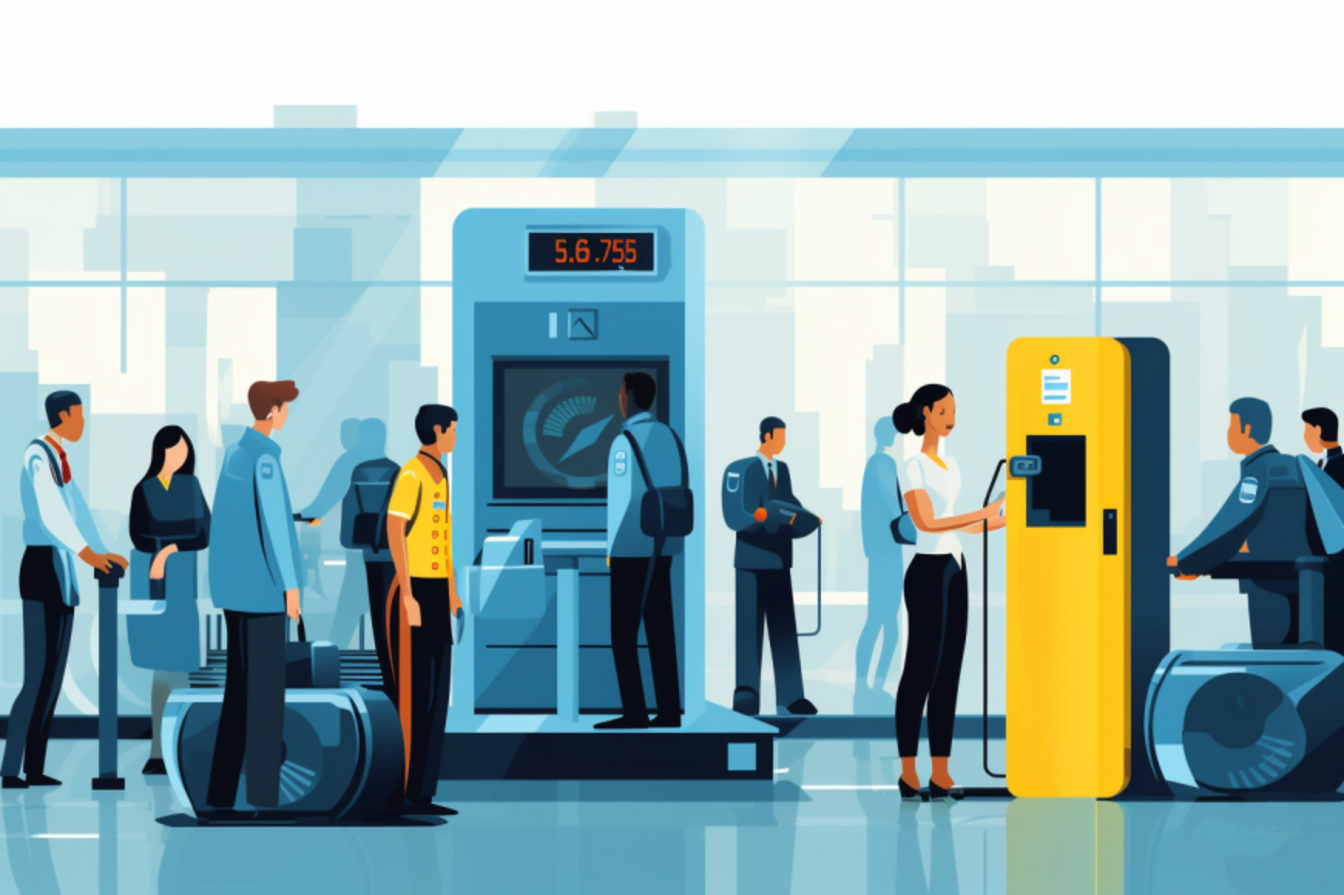If you think the American government keeps too many secrets, you should meet Jose Lacson.
Lacson lost his job as a federal air marshal in 2011 after allegedly disclosing “unauthorized” information to the public. The TSA says he published what it calls “sensitive security information” (SSI) in a website forum.
But here’s the interesting thing: In an appeal to his dismissal, Lacson claims the posts were fictional. The information referenced the number, deployment, and attrition rate of federal air marshals hired at various times and deployed at various duty stations, according to a report.
I repeat: Lacson says he made it all up.
The government doesn’t care. If it wants to consider Lacson’s tall tales SSI, it has every right to. But the fact is, pretty much anything that isn’t nailed down at the airport is considered SSI these days.
SSI didn’t start with the TSA — it has statutory roots that go back to 1974 — but the agency assigned to protect America’s transportation systems oversaw an unprecedented expansion of it. SSI applies to a broad range of subjects, from scanner descriptions to screener test scores to unsolicited business proposals. And it’s all off-limits to the traveling public and the taxpayers who pay for everything.
SSI and me
I learned how fast and loose the TSA can be with the SSI label when it refused to reveal the new security precautions it would take after the failed underwear bomber incident in 2009. Over a busy holiday weekend, the agency decided to say nothing about what air travelers should expect, so I found the memo and posted it to my consumer advocacy site.
In response, the Department of Homeland Security served me with a subpoena, demanding that I reveal the source of the document. I refused, and the agency dropped its request a few days later.
After that, I started to see SSI everywhere.
Former agents like this one alleged that the TSA used the SSI classification to cover up anything it wanted to, or at the very least, to keep important information from the public.
That’s not a new charge. Back in 2006, former Federal Aviation Administration Special Agent Brian Sullivan publicly accused the TSA of misclassifying information. “I know from first-hand experience that roughly 95 percent of the materials that are labeled SSI have no national security value and should be released to help the American people arm ourselves against future terrorist attacks,” he said in a statement. One reason, he noted, was that the TSA was “acting to protect the old FAA, the airlines, and the screening companies from legal liability.”
There have been some positive changes since then, but not nearly enough. I still hear from screeners who tell me the TSA loves its secrets. And the TSA persists in slapping the SSI label on anything that moves. (Here’s our guide on how to handle the TSA when you travel.)
A congressman runs afoul of SSI
Consider what happened back in 2011, when the Department of Homeland Security accused Rep. Jason Chaffetz of disclosing sensitive information during a Congressional hearing. Chaffetz’s “crime”? The Utah Republican, who was serving as the chairman of an Oversight and Government Reform subcommittee on national security, mentioned that in the past 10 years there have been 25,000 security breaches at the nation’s airports.
Oops.
A Homeland Security lawyer reportedly sent the congressman a letter saying that his “breach” was a “matter of serious concern.”
“The purpose of [sensitive security information protocols] is to protect the traveling public by ensuring that security information is not made available to those who seek to do our country harm,” he said in the letter. “The document publicly disclosed by your subcommittee contained information about past security breaches, a topic of particular interest to our adversaries.”
Coincidentally, the document also reveals how effective — or ineffective — the agency has been. At any rate, there have been no terrorist attacks since then. So maybe the TSA overreacted?
But classifying something fictional as SSI is a new level of absurdity. The problem is, we may never know if Lacson’s posts were filled with fake information. The court brief is largely blacked out.
Government lawyers say the truth is irrelevant in this case. The TSA, it argues,”may reasonably determine that certain statements, although not technically accurate, may nevertheless disclose security vulnerabilities because they reveal a concept or general state of affairs that should be protected in the interest of transportation.”
When it comes to airport security, that argument may be indicative of the government’s attitude. Apparently, the sky’s the limit.




